ما هي زكاة الفطر؟
زكاة الفطر: هي الزكاة التي يجب إخراجها على المسلم قبل صلاة عيد الفطر.
حكم زكاة الفطر:
زكاة الفطر واجبة فرضًا على الموسر، أمَّا الفقير المعسر الذي لم يَفْضُل عن قُوتِه وقُوتِ مَنْ في نفقته ليلةَ العيد ويومَهُ شيءٌ فلا تجب عليه؛ لأنه غيرُ قادِر وهي واحدة من فروض الإسلام التي ينبغي أداؤها.وعن عبد الله بن عمر رضي الله عنهما أنّ رسول الله ﷺ (فرَض زكاةَ الفطرِ مِن رمضانَ على كلِّ نفسٍ مِن المسلِمينَ حُرٍّ أو عبدٍ، رجلٍ أو امرأةٍ، صغيرٍ أو كبيرٍ صاعًا مِن تمرٍ أو صاعًا مِن شعيرٍ) [البخاري – 1504].
الحكمة من تشريعها:
تشريع زكاة الفطر يأتي لتطهير الصائم من اللغو والسب وكذلك لتمكين الفقراء والمحتاجين من المشاركة في فرحة العيد وتأمين احتياجاتهم الأساسية.
شرعت زكاة الفطر في السنة الثانية من الهجرة، وهي السنة نفسها التي فرض الله فيها صوم رمضان، ودليل مشروعيتها ثبت في السنة في أحاديث عدة، منها ما رواه أبو سعيد الخدري رضي الله عنه، قال: (كنا نخرج زكاة الفطر إذ كان فينا رسول الله....)، رواه مسلم. ومنها خبر ابن عباس رضي الله عنهما، قال: (فرض رسول الله صلى الله عليه وسلم زكاة الفطر) رواه أبو داود وغيره
على من تجب:
تجب زكاة الفطر على كل مسلم، سواء كان صغيرًا أو كبيرًا، ذكرًا أو أنثى.وورد حديث ابن عمر رضي الله عنهما في «الصحيحين»: «أن رسول الله صلى الله عليه وآله وسلم فرض زَكَاةَ الفِطْرِ من رمضان على الناس صاعًا من تَمْرٍ أو صاعًا من شعير على كل حُرٍّ أو عَبْدٍ ذكر أو أنثى من المسلمين»، ويخرجها العائل عمَّن تلزمه نفقته.
لمن تعطى:
تُعطى زكاة الفطر للمحتاجين والفقراء، بهدف تحقيق العدالة الاجتماعية وتخفيف حاجة المحتاجين.وكذلك باقي الأصناف الثمانية التي ذكرها الله تعالى في آية مصارف الزكاة، قال تعالى: ﴿إِنَّمَا الصَّدَقَاتُ لِلْفُقَرَاءِ وَالْمَسَاكِينِ وَالْعَامِلِينَ عَلَيْهَا وَالْمُؤَلَّفَةِ قُلُوبُهُمْ وَفِي الرِّقَابِ وَالْغَارِمِينَ وَفِي سَبِيلِ اللهِ وَابْنِ السَّبِيلِ فَرِيضَةً مِنَ اللهِ وَاللهُ عَلِيمٌ حَكِيمٌ﴾ [التوبة: 60].
ويجوز أن يعطي الإنسان زكاة الفطر لشخص واحد، كما يجوز له أن يوزعها على أكثر من شخص، والتفاضل بينهما إنما يكون بتحقيق إغناء الفقير فأيهما كان أبلغ في تحقيق الإغناء كان هو الأفضل.
مقدارها:
زكاة الفطر تكون صاعًا من غالب قُوتِ البلد، ويساوي الصاع بالوزن 2.04 كجم تقريبًا.
أصنافها:
تنقسم زكاة الفطر إلى أصناف مختلفة، مثل القمح، والتمر، والشعير، وغيرها، ويمكن دفعها بوسائل متعددة.
وقت إخراجها:
زكاة الفطر يجب أداؤها قبل صلاة العيد، ويُفضل إخراجها في الأيام المتبقية قبل نهاية شهر رمضان لضمان وصولها إلى المستحقين في الوقت المناسب.
هل يجوز إخراج قيمة زكاة الفطر؟
إخراج زكاة الفطر بالقيمة أمرٌ جائزٌ، وبه قال فقهاء الحنفية، وجماعة من التابعين، وهو أليق بحال الناس في هذا العصر.
تبرع بزكاة الفطر للمهجرين واللاجئين:
استنبط علماء الشريعة الإسلامية الفئات المستحقة للزكاة من الآية الكريمة في قوله تعالى: {إِنَّمَا الصَّدَقَاتُ لِلْفُقَرَاءِ وَالْمَسَاكِينِ وَالْعَامِلِينَ عَلَيْهَا وَالْمُؤَلَّفَةِ قُلُوبُهُمْ وَفِي الرِّقَابِ وَالْغَارِمِينَ وَفِي سَبِيلِ اللَّهِ وَابْنِ السَّبِيلِ ۖ فَرِيضَةً مِّنَ اللَّهِ ۗ وَاللَّهُ عَلِيمٌ حَكِيمٌ} [التوبة:60].
وبالنظر إلى الفئات الأكثر فقراً واحتياجاً في وقتنا الحالي نجد أن اللاجئين والنازحين المقيمين في المخيمات هم من أكثر الناس هشاشةً وفقراً وينطبق عليهم صفة المسكين الذي لا يملك ما يسد الرمق.
إنساني وتوزيع زكاة الفطر:
تعمل مؤسسة انساني على توزيع زكاة الفطر على اللاجئين والمهجرين من خلال التعاون مع الجهات المحلية والدولية. يتم تحديد المستحقين بناءً على الاحتياجات الاقتصادية والاجتماعية للأفراد والأسر، وتقوم انساني بتوفير مواد غذائية أساسية ومستلزمات أخرى لتلبية احتياجاتهم الضرورية خلال شهر رمضان.
ينتظر ملايين من الفقراء والمساكين المهجريين من بلدانهم رمضان لكونه الوقت الوقت الذي تقال في عثراتهم وتفرج كرباتهم بإقبال الأغنياء والقادرين من المسلمين على التصدق ودفع الزكاة والتقرب إلى الله بكل سبيل.

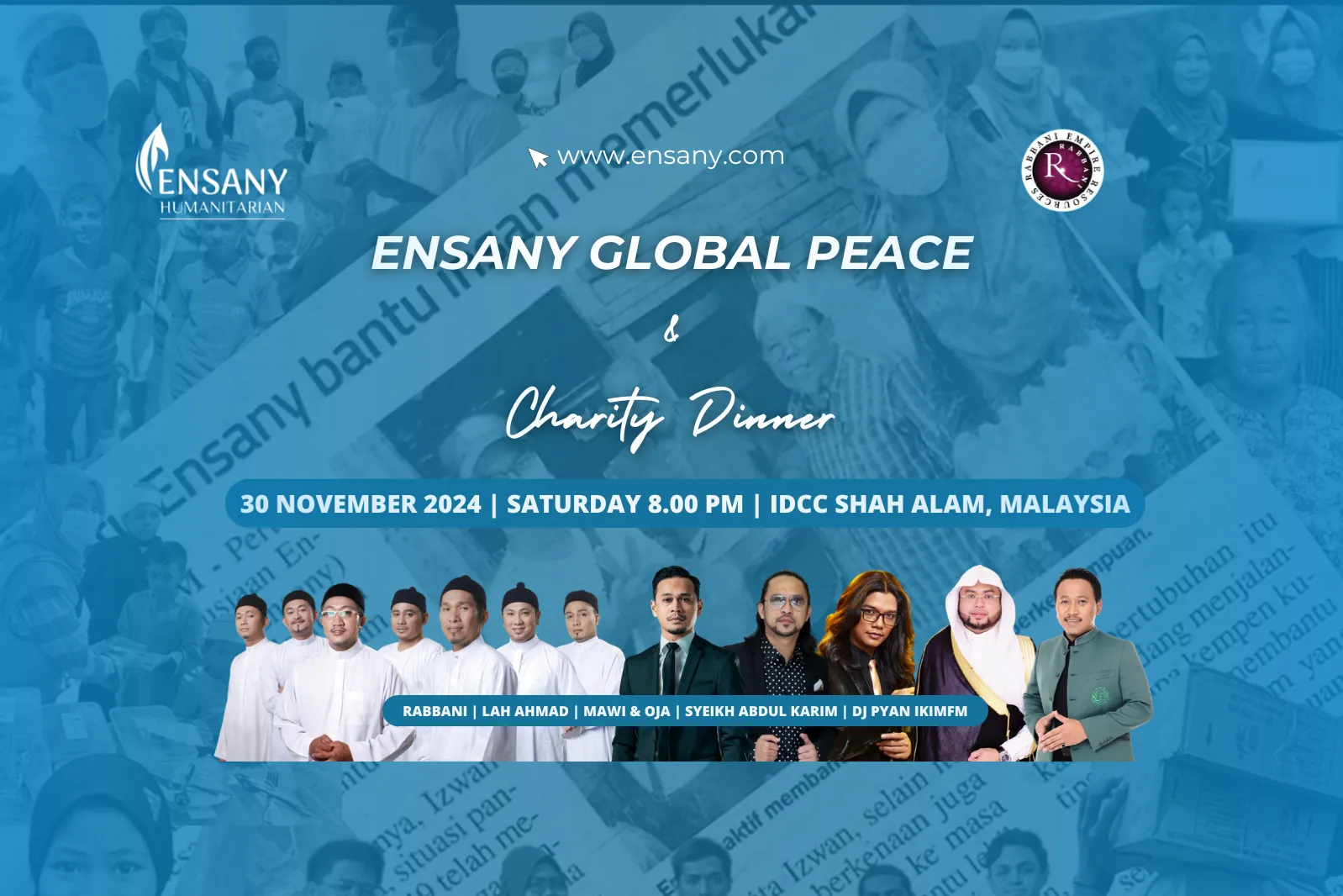
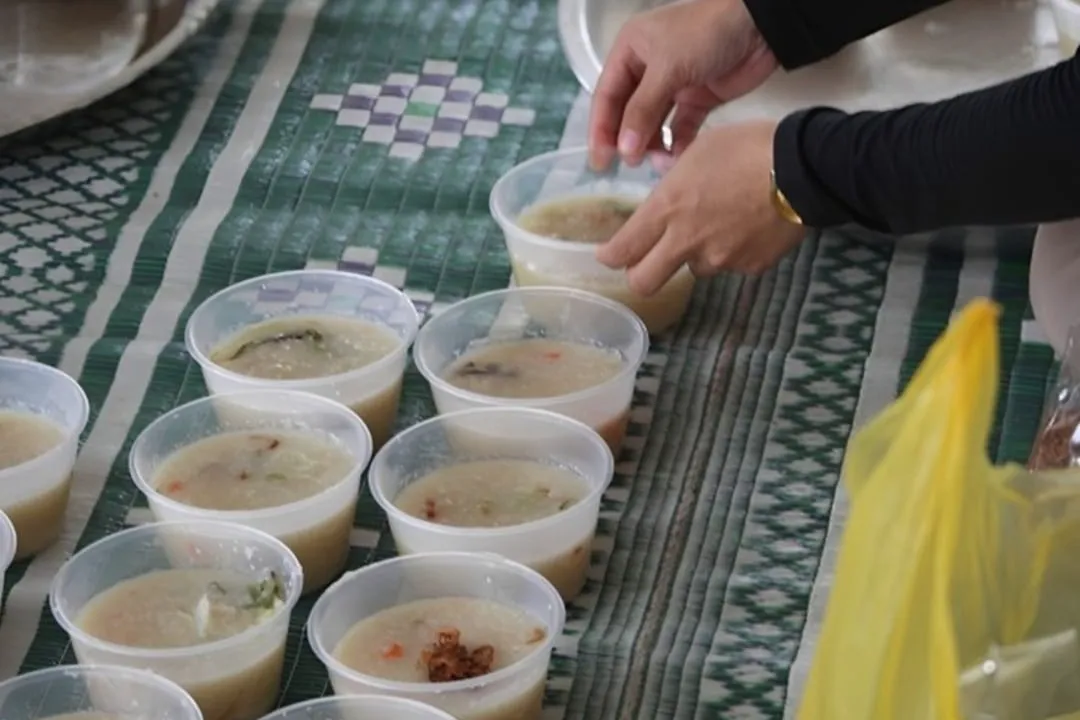

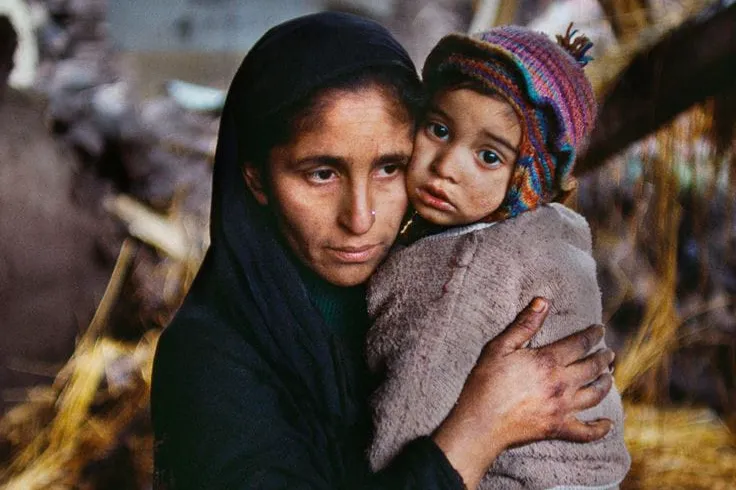
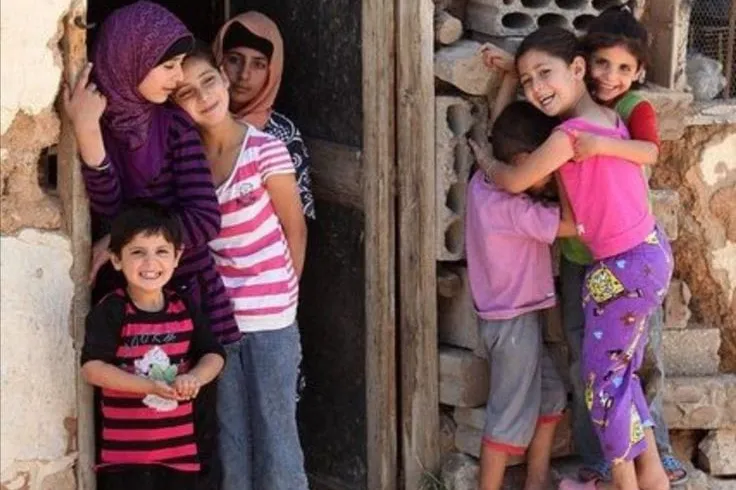
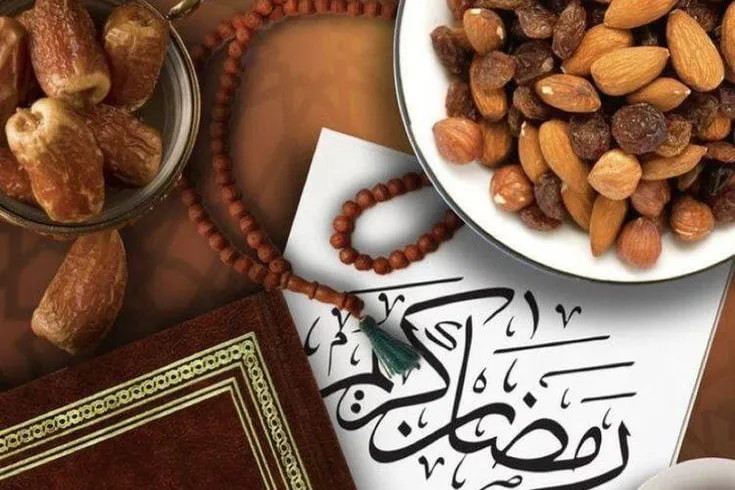




-white.svg)